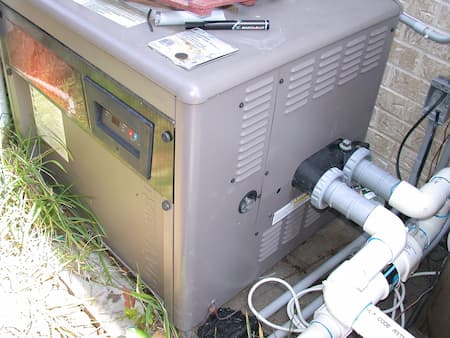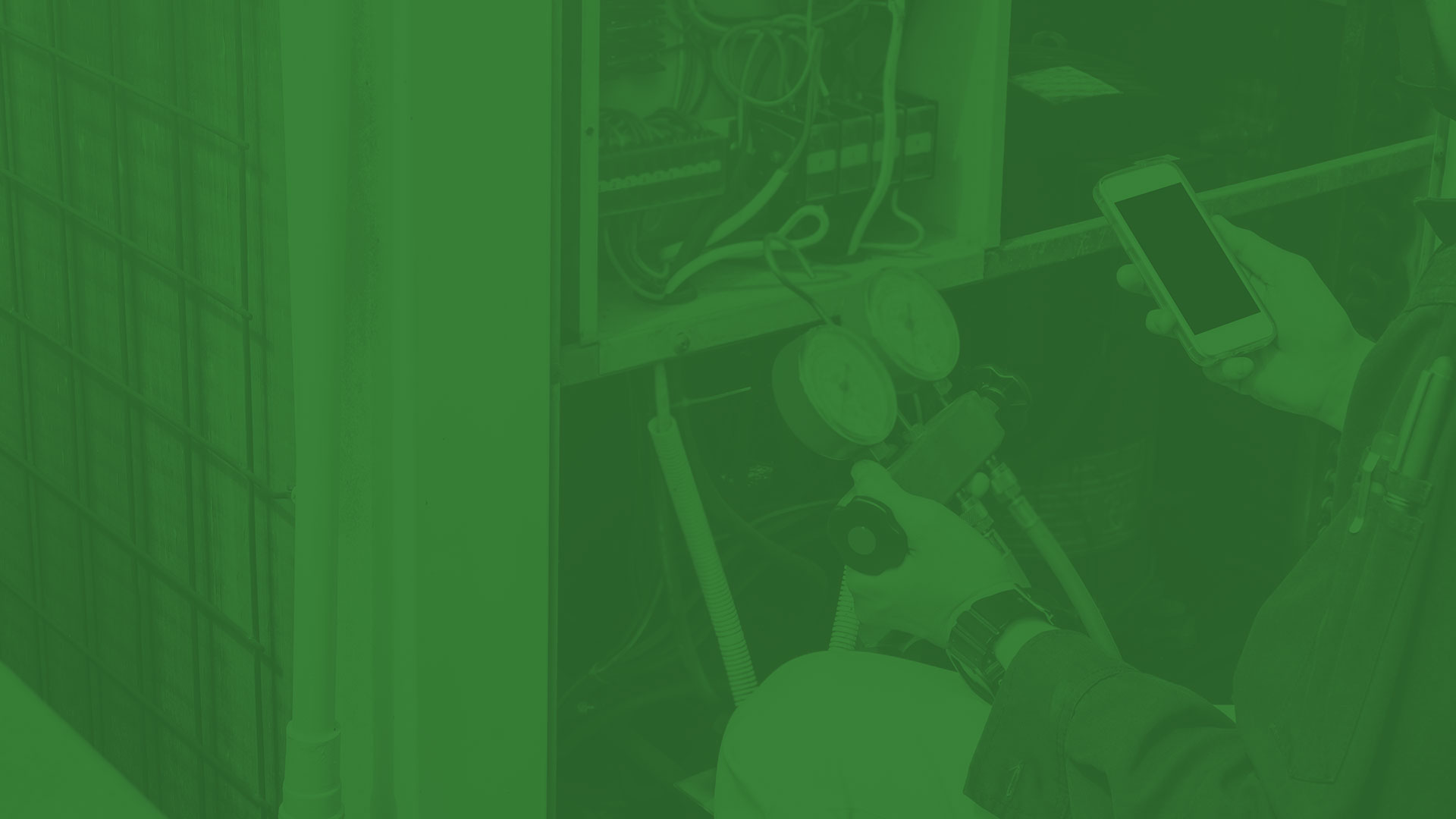Understanding Common Heat Pump Repairs: What Homeowners Need to Know

Heat pumps are indispensable components of modern HVAC systems, providing efficient heating and cooling throughout the year. However, like any mechanical system, they are susceptible to wear and tear over time, necessitating repairs to ensure optimal performance. In this blog post, we'll explore some of the most common heat pump repairs homeowners may encounter and discuss how to address them effectively.
1. Refrigerant Leaks
Refrigerant leaks are prevalent in heat pumps and can result from corrosion, vibration, or poor installation. Low refrigerant levels can impair the system's cooling capacity and efficiency, leading to inadequate heating or cooling performance. Signs of a refrigerant leak include reduced airflow, ice buildup on the evaporator coil, and hissing sounds near the refrigerant lines. Repairing refrigerant leaks involves locating and sealing the leaks, followed by recharging the system with the appropriate refrigerant.
2. Faulty Reversing Valve
The reversing valve in a heat pump controls the direction of refrigerant flow, allowing the system to switch between heating and cooling modes. A malfunctioning reversing valve can cause the heat pump to blow cold air when in heating mode or hot air when in cooling mode. This can result from electrical failures, mechanical wear, or valve solenoid issues. Repairing or replacing a faulty reversing valve requires the expertise of a qualified technician to ensure proper operation and system efficiency.
3. Compressor Problems
The compressor is the heart of a heat pump, responsible for circulating refrigerant and facilitating heat exchange between indoor and outdoor environments. Common compressor issues include electrical failures, mechanical wear, and overheating. Signs of compressor problems may include unusual noises, reduced heating or cooling output, or frequent system cycling. Repairing or replacing a faulty compressor is a complex task that a certified HVAC technician should perform to ensure safety and reliability.
4. Defective Thermostat
The thermostat plays a crucial role in regulating the temperature and operation of the heat pump. A defective thermostat can cause erratic behavior, such as short cycling, inaccurate temperature readings, or failure to maintain the desired temperature settings. Troubleshooting a faulty thermostat may involve recalibrating the settings, replacing the batteries, or installing a new thermostat. A qualified HVAC technician can diagnose the issue and recommend the appropriate action to restore proper thermostat function.
5. Electrical Component Failures
Various electrical components, such as relays, capacitors, and contactors, are integral to the operation of a heat pump. Over time, these components may experience wear, corrosion, or electrical malfunctions, leading to system inefficiency or failure. Symptoms of electrical component failures include frequent system cycling, tripped circuit breakers, or unresponsive controls. Repairing or replacing defective electrical components requires specialized knowledge and tools to ensure safe and reliable operation.
In conclusion, heat pumps are reliable and efficient HVAC solutions. However, they may require occasional repairs to address common issues such as refrigerant leaks, faulty reversing valves, compressor problems, defective thermostats, and electrical component failures. By understanding these common heat pump repairs and seeking professional assistance, homeowners can ensure their systems remain in peak condition, providing consistent comfort and energy savings for years.
When you need Abbeville heat pump repairs, call Mathis Plumbing & Heating Co., Inc.. We're the top plumber for this type of service! Contact us now for more information about Abbeville heat pump repairs.
